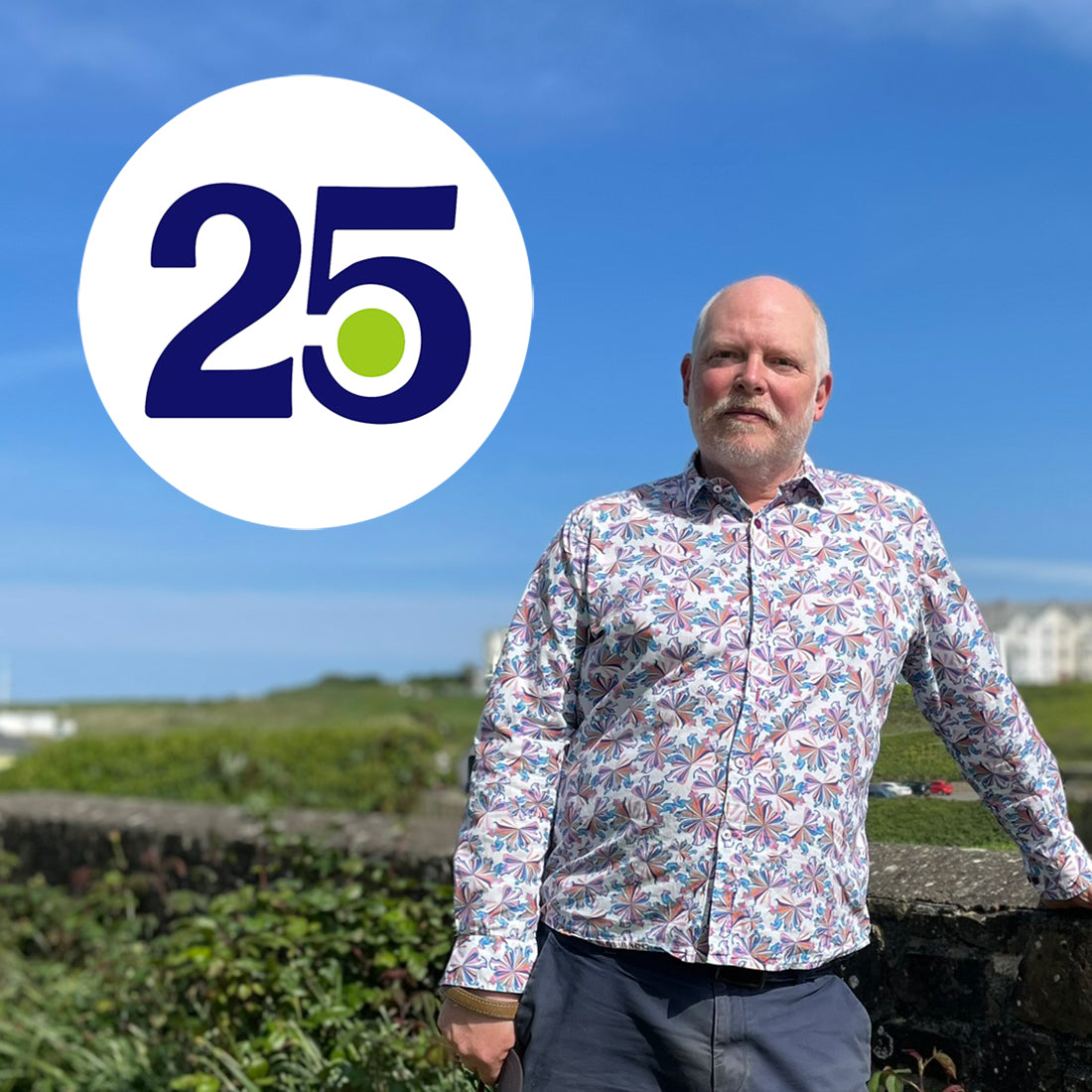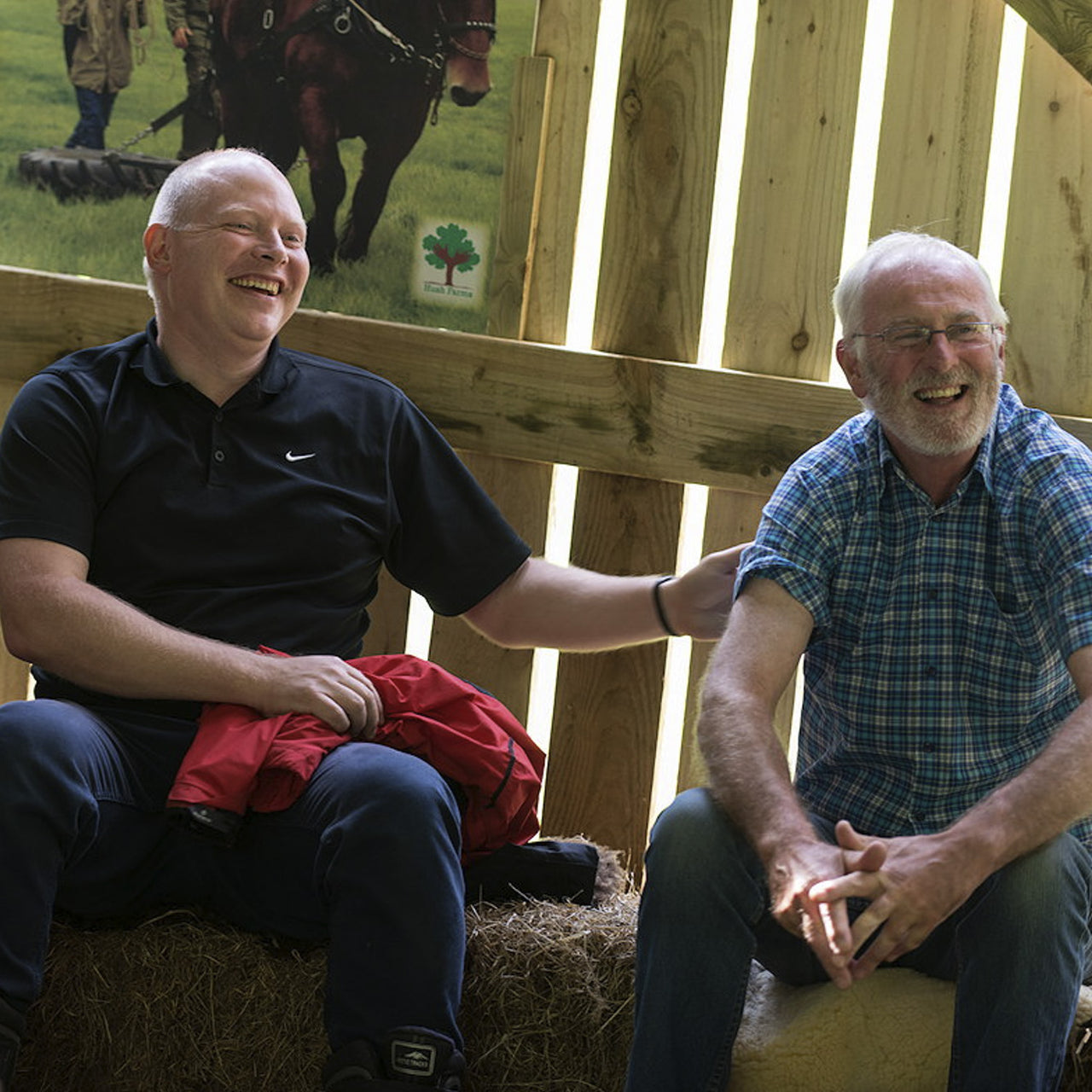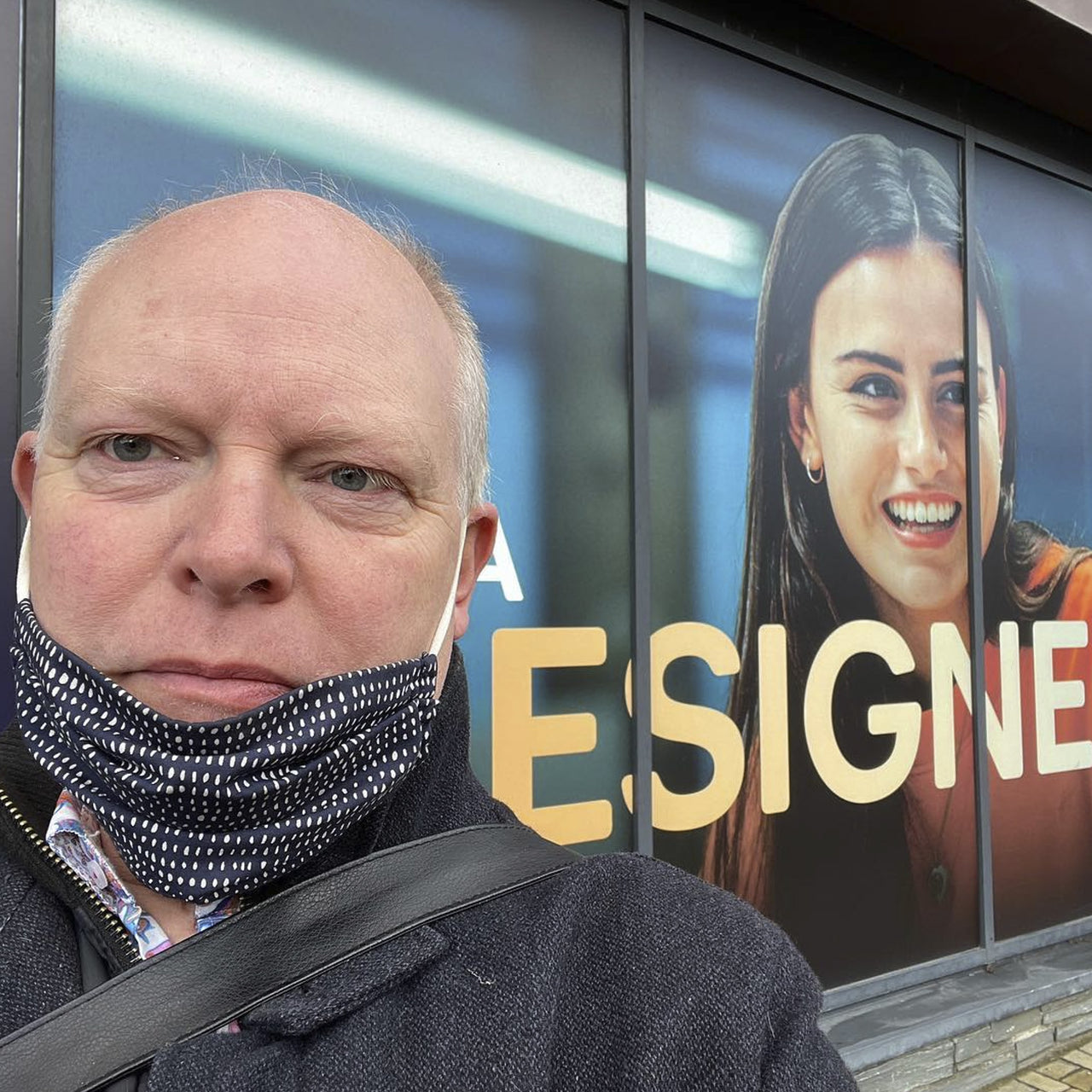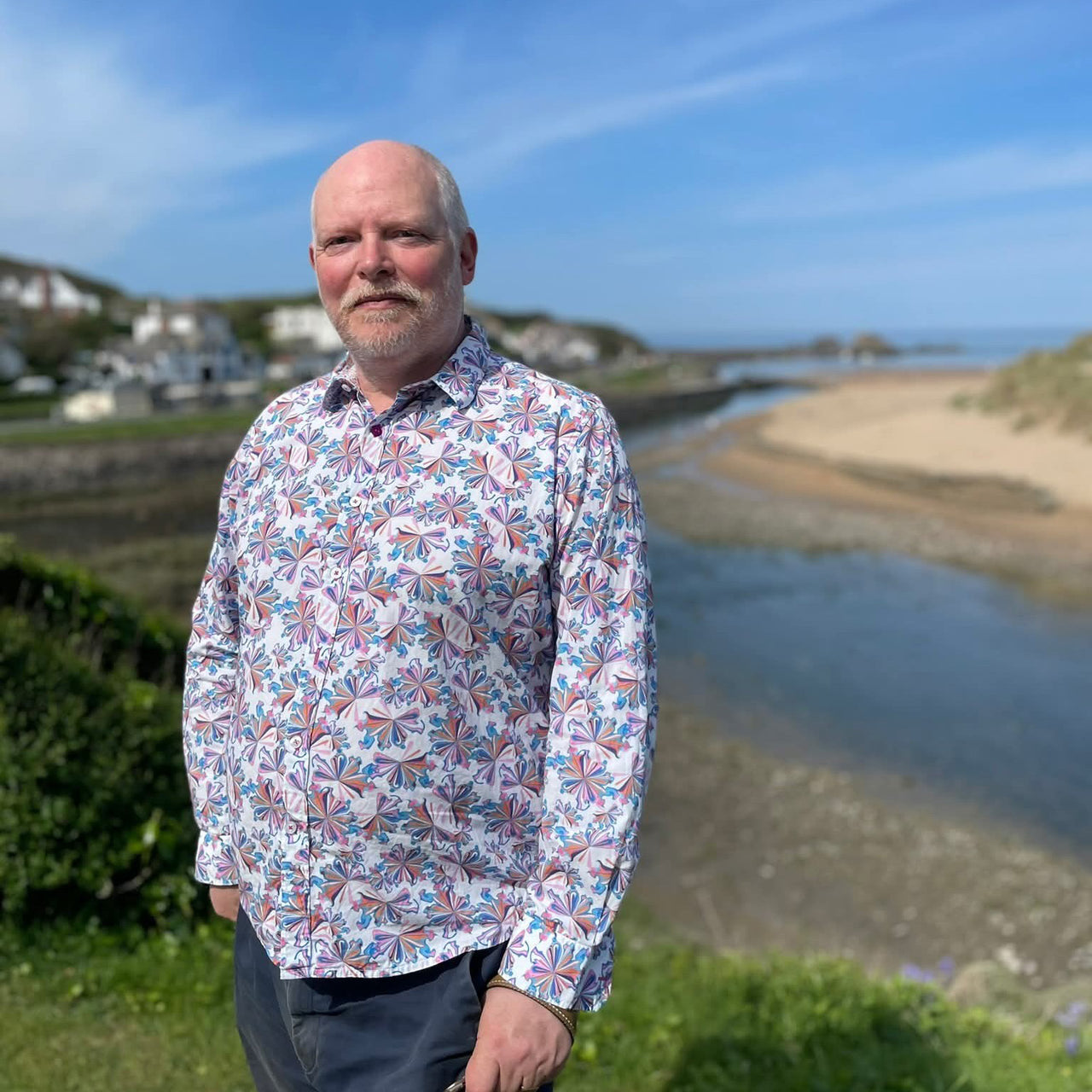
25 Years in Business - A Reflection
On 19th August, it was twenty-five years since I first started the business, back in 2000. I thought carefully about how to mark the milestone and decided on a quiet day with my family (it was also my birthday).
I have never been an extrovert in business networking. I prefer meeting people one-to-one or in small groups and rarely make much noise about achievements, aside from occasional bursts of video content for my YouTube channel. As such, that seemed the most fitting way to mark the occasion.
Still, reaching this milestone did cause me to reflect.
Working with Thousands of Leaders
I have been fortunate enough to work one-to-one with more than three thousand business leaders. It is difficult to grasp that number at times. If we have worked together in the past, think about the conversations and projects we shared, then multiply that experience by three thousand.
It has been a privilege to meet so many business leaders from different walks of life and industries, to earn their trust, and to share in their journeys.

The Evolution of the Business
The business itself has evolved over that time, sometimes gradually, other times suddenly. At the start-up stage, my original vision was to create a centre of knowledge that integrated all aspects of digital business rather than a single discipline, combining technical, design, and marketing capability. My thinking was that connecting these skill sets would offer a unique perspective and greater value for clients.
In retrospect, I believe that approach worked, creating a competitive advantage. Of course, it carried the risk of being seen as a generalist rather than a specialist. But over time, natural areas of expertise developed, usually in the fields that interested me most.
Pivotal Moments
There have been many turning points over the years, but two stand out - the Brexit vote and the Covid crisis.
1. Brexit
By 2016, Business Think had grown into a consultancy brand, specialising in strategy development and coaching. We worked with both private clients and publicly funded contracts and were strong at securing support schemes for customers. We were often the most prolific lead generators for these schemes.
The Brexit vote changed everything overnight. In uncertain times, strategy and coaching became less attractive, as the direct link to sales appears to be less immediate for a customer. Demand collapsed, and a cash flow crisis followed.
That was the moment I shifted the business focus back to marketing and digital support. These services still rely on strategy and coaching, but they are easier to sell when linked to tangible outputs such as websites or ad campaigns. The decision saved the business. Sales soon recovered and exceeded previous levels.

2. Covid
The Covid crisis was equally transformative. Before 2020, I drove 22,000 miles a year visiting customers, as face-to-face support was the norm. After Covid, I have never driven more than five hundred business miles annually. This change has been good for the environment and has given me more time to deliver value for clients. Before 2020, working with clients remotely (often never meeting them face-to-face) on such a trust-based purchase would have been unthinkable. Now it is commonplace in the sector.
Technology and cultural shifts made this possible. I was already teaching online at the University of Plymouth, so the transition was seamless for me. More importantly, Covid forced businesses to embrace digital marketing. Those already online prospered; those who were not suffered. That shift has permanently raised the importance of digital communication in every sector.
Any Regrets?
Looking back, I have no regrets.
Yes, the business could have grown larger had I taken on more staff or moved to London. But I value work/life balance and a quieter life with my family, so those paths were never right for me.
My main business “mistake” might be not building up more power and leverage through networking. But that was a conscious decision I made early on, as I knew I would not enjoy it and, as a result, would likely not be particularly good at it. Of course, when you make a decision knowingly, you do not regret it. you accept the consequences and own them.
So again, no regrets.

My Measures of Success
I consider myself rich in the time spent making memories with my wife and children, and rich in the experiences gained from working with so many business leaders. Those have always been my measures of success, not money for money’s sake.
So, no wild celebrations. Just a quiet acknowledgement: I still love my work, and I value the freedom it brings me. If I can continue for another twenty-five years, I will be a lucky man.
And if you have been a customer or colleague along the way… Thank you.
Elliot Forte - Director at Business Think (email elliot.forte@businessthink.co.uk)
